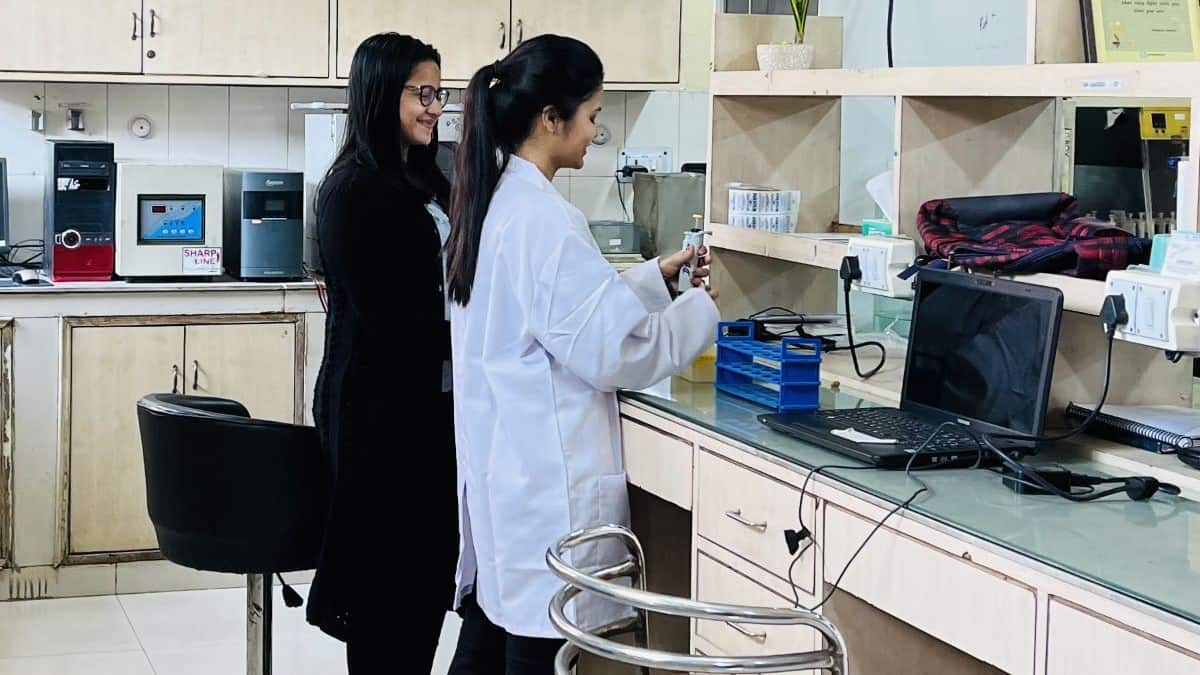ICAR stipend hikes 21 months late; ‘financially distressed’ agriculture researchers seek legal recourse
Musab Qazi | July 9, 2025 | 02:03 PM IST | 4 mins read
Agriculture researchers lose lakhs, call move ‘discriminatory’ as UGC, CSIR adopted revised fellowship amounts 2 years before ICAR

The doctoral and post-doctoral agriculture researchers across India are up in arms against ICAR, the country's apex agriculture education regulator, for deferring the rollout of a hike in their fellowship emoluments.
The researchers, working on projects sponsored by the Indian Council for Agricultural Research (ICAR), have faulted the central government body for making the hikes effective from October last year, more than 21 months after the Department of Science and Technology (DST), University Grants Commission (UGC) and other central funding agencies implemented similar hikes for their researchers. The delay has resulted in agri researchers losing a few lakhs, causing them "financial distress".
Around 25 researchers have now served a legal notice to the council over its "discriminatory" move and plan to approach the court to seek their dues.
"Other government departments have implemented the revision from 01.01.2023, ensuring uniformity, but ICAR’s delay has unfairly deprived research personnel of their rightful dues," reads the notice.
"Such an act amounts to discrimination against research personnel in ICAR-funded projects, depriving them of their rightful dues and creating an unjust disparity within the scientific community. This arbitrary delay in implementation has led to a grave injustice to research personnel working in ICAR-funded projects and is the very cause of the present grievance," the researchers added.
Also read Post NEP 2020, scholarship, fellowship funds cut by over Rs 1,500 crore
ICAR JRF, SRF: DST stipend hike
In June two years ago, DST, which works under the ministry of science and technology, issued an office memorandum announcing the latest fellowship hike for junior research fellows (JRF), senior research fellows (SRF) and all three levels of research associates (RA) – RA-I, RA-II and RA-III – working on research and development programmes funded by the central government department and agencies.
While the monthly payments of JRF and SRF were increased from Rs 31,000 and Rs 35,000 to Rs 37,000 and Rs 42,000, respectively, the RAs were set to get Rs 58,000-Rs 67,000, up from Rs 47,000–Rs 54,000 fixed in 2019. The researchers also draw other benefits, such as house rent allowance (HRA) and medical allowance. The new rates were to be provided from January 1, 2023.
Over the next few months, several other departments and organisations under various ministries, including department of higher education, department of biotechnology, Council of Scientific and Industrial Research (CSIR) and the University Grants Commission (UGC), formally adopted the revised emoluments, making them effective from January 1, 2023.
ICAR, under the ministry of agriculture and farmers' welfare, too, instituted the new rates, albeit with some delay. The council's Agricultural Education Division announced and began paying the additional amount in October last year.
ICAR decision ‘arbitrary’
According to an agriculture researcher from Delhi, the regulator has deviated from its past practice of revising stipends in tandem with DST and other central government bodies. She estimates the delay to impact around 1,000 of her peers working in agriculture institutes around the country. Their service period usually lasts three to five years, sometimes even longer, depending on the length of their projects.
In their notice, the research fellows have cited the precedence of the last two revision cycles – in 2014 and 2019 – to make their case. They have also referred to a 2015 correspondence between ICAR and the ministry of finance, where the council affirmed its practice of following DST's rate revisions.
"This arbitrary and unilateral decision by ICAR is unlawful, unjust, and discriminatory, as it deviates from the principle of equity and fairness and is against the established past examples of implementing revised emoluments in line with DST guidelines," reads the legal notice.
The All India Agricultural Students Association (AIASA) has taken up this issue, and has been pressing for ICAR to pay the additional amount for the duration between January 2023 and October 2024. "The arrears amount would help ease the financial constraints faced by students and researchers due to the rising cost of living and the need for adequate resources to support their research activities. Therefore, on behalf of the agricultural research community, I earnestly request that ICAR disburse the arrears for the period of one year and ten months, ensuring parity with other research and educational bodies," reads a November 2024 letter from AIASA's national president Ninaad Mahajan.
RC Agarwal, deputy director general (agricultural education), ICAR, didn't respond to Careers360's request for a comment.
Follow us for the latest education news on colleges and universities, admission, courses, exams, research, education policies, study abroad and more..
To get in touch, write to us at news@careers360.com.
Next Story
]Parakh Rashtriya Sarvekshan: State govt schools fall far behind; SC, ST students lag in Classes 6, 9
Central government schools post the best scores as state government schools fall far behind in higher classes, shows PARAKH Rashtriya Sarvekshan result data. Class 3 scores show NIPUN Bharat Mission working, says CEO
K. Nitika Shivani